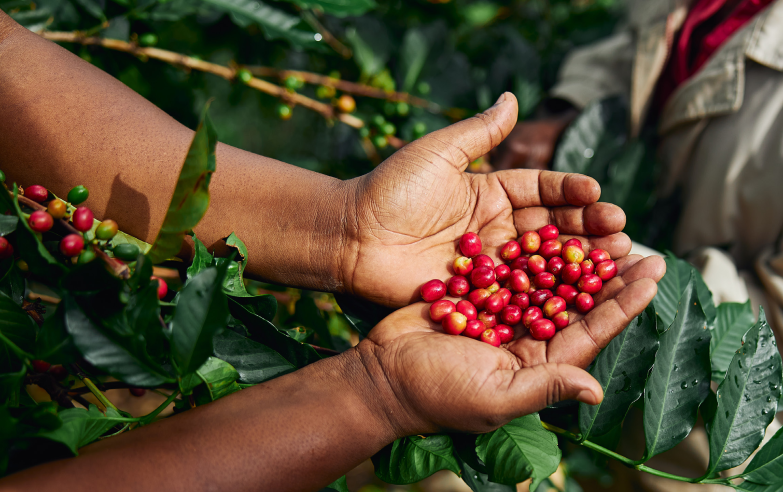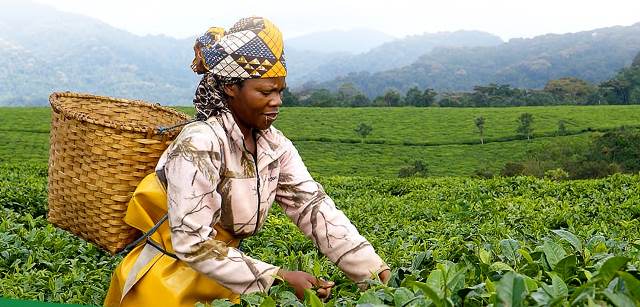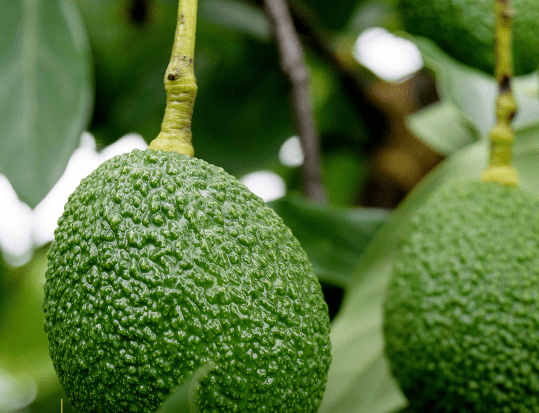
The East African Community (EAC) has launched a campaign aimed at creating awareness on agri-export trade opportunities that have been created through the EU-EAC Market Access Upgrade Programme (MARKUP).
Through the campaign, small and medium-sized enterprises (SMEs) in the agricultural value chain, co-operatives and farmers, as well as government entities in the EAC will access information and tools on agri-export trade.
Speaking at the June 14 launch, Ms. Flavia Busingye, the Ag. Director Trade at the EAC said that MARKUP had created numerous trade opportunities for agri-Small and Medium Enterprises in the region.
“The campaign ‘MARKUP: Growing agri export markets’ aims to raise awareness of the opportunities in agricultural trade, and to demonstrate that international markets are within reach of East African exporters,” Flavia said.
The EAC official noted that since its inception in 2018, MARKUP has generated useful resources for growth of agri-exports in five EAC countries; Rwanda, Burundi, Kenya, Uganda and Tanzania.
She said that the program, which is a collaborative initiative of the EAC, the EU, the German government, and other development partners, has generated resources such as the EAC Quality Portal, the Financing Gateway and the Burundi Trade Information Portal.

Market studies, practical guides and handbooks as well as policy briefs have also been produced in the EAC-EU initiative, she said, and added, “MARKUP has contributed to stronger quality infrastructure in the region, including harmonization of standards and frameworks for intra-regional trade in food products.”
“I urge you to actively participate in the campaign through the various channels and platforms,” Flavia said.
She noted that SMEs in the agriculture sector face numerous constraints in trading within the EAC region.
She highlighted constraints such as lack of access to market information, including on standards and quality requirements; cumbersome and sometimes costly customs procedures; poor connectivity, among others.
“The scale and impact of these challenges rises exponentially when it comes to accessing markets outside the EAC. This is one of the reasons that we at the EAC Secretariat worked in partnership with the EU to design and roll out MARKUP,” she said.
Also working on the program which is being implemented by GIZ are The International Trade Centre, United Nations Industrial Development Organisation, Uganda Coffee Development Authority, Solidaridad East Africa, Oxfam and the Institute for University Co-operation.
Max Middeke, the Deputy Programme Manager at German Development Cooperation (GIZ) – EAC Programme said that MARKUP campaign comes at a time when the bulk of activities of the program are drawing to a close.
He said that the campaign is a way to take stock of the achievements of the program.
“This campaign gives us the opportunity to look back on how far we have come, celebrate our joint achievements and lay strategies to tackle the challenges that still remain,” Max said.
The EU has lauded partner collaboration in realizing the objectives of MARKUP, noting that the program has made significant inroads in enabling farmer groups to access a wider market.
“Some encouraging results have emerged,” Jose-Luis Gonzalez the Programme Officer at the European Union Delegation in Tanzania and EAC said, and added, “For example, in Kenya, the number of steps to export coffee were reduced from 88 to 58. In Tanzania, the reduction was from 40 to 31. This is just one illustration of what can be achieved where there is trust and informed dialogue between the public and the private sector.”
There has been a notable increase in the export of coffee, spices, and avocado from the EAC to the EU.
According to Eurostat, the EAC exported agri-food products valued at 2.16 billion Euros to the EU in 2022, representing an increase of 26.2 percent from the previous year. Put together, coffee, tea, cocoa and spices accounted for 44.5 percent of all the EAC agri-food exports to the EU in 2022, followed by horticulture at 24.5 percent.
Since 2018, MARKUP has reached more than 30,000 farmers, businesspersons, experts and policy makers in Burundi, Kenya, Rwanda, Uganda and Tanzania.
The program has supported 500 SMEs to interact with buyers through trade fairs and other networking events. More than 180 SMEs and co-operatives have received equipment such as coffee pulping machines, fruit processing equipment and moisture meters to improve the quality of their products.
In the four years of MARKUP, exports of coffee and avocado within and outside the EAC also grew exponentially.

Between 2018 and 2022, export of coffee from the EAC to the EU grew by 35 percent while that of avocado grew by 7 percent.
Throughout the campaign, beneficiaries of the program will share their stories of transformation owing to MARKUP support.
“We invite you to join us through our website and social media platforms to amplify these and similar stories of SMEs and Government institutions that have been transformed as a result of MARKUP, and to continue advocating for initiatives to address the market access barriers that still remain,” Max said.